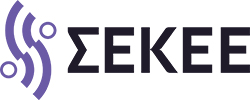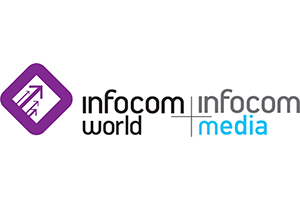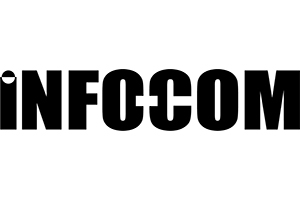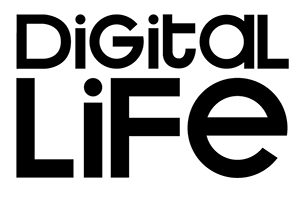24th InfoCom World Conference
Fiber & 5G Highways: DigitAll Greece!
29 & 30 November 2022, Divani Caravel Hotel
The best speakers, all in one place!
As digital transformation evolves into a key pillar of growth for every aspect of the economy, the creation of “rapid transit” infrastructure -that is, digital “highways” along which public and private sector transformation will move- is a critical objective. After all, this accelerated digitization is expected not only to strengthen every aspect of the economy, but also to offer new “passages” for business and equal opportunities in education and work for citizens.
Today, this specific digital development and the investments it requires are not a wish list, but a demand. After all, according to the results of the Digital Economy and Society Index 2022 (DESI), published by the European Commission, which monitors the progress made by the Member States in the digital sector, Greece ranks 25th among the 27 Member States of the European Union for 2022. However, overall, our country has made satisfactory progress in recent years compared to other member states, which means that it covers part of the difference.
In particular, as the Commission emphasizes, and with regard to the field of connectivity, Greece has made significant progress, especially with regard to the coverage of very high capacity (VHCN) and fifth generation (5G) networks. However, it is highlighted that more progress is needed, in particular with regard to fixed broadband penetration of at least 100 Mbps, which remains very low compared to the EU average of 41% (reaching a rate of around 9%) and the further improving 5G coverage (66% rate) to ensure access to high-speed connectivity across the country.
In a wider sense, however, the findings show that while most Member States are making progress in their digital transformation, business adoption of key digital technologies such as artificial intelligence (AI) and Big Data remains low. Efforts must, as is pointed out, be stepped up to ensure full development of connectivity infrastructures (especially 5G) required for highly innovative services and applications. Digital skills are another important area where Member States need to make more progress.
In this context, providers are making increased investments to develop 5G and fiber infrastructure. We are, after all, at a time when large and important multinational corporations are choosing our country for the development of their own hubs – whether it is data centers that serve the wider region, technology and product development centers, or hubs that strengthen the human resource skills. A reliable telecommunications infrastructure, with state-of-the-art technology, will not only strengthen the operation of these centers, but will also attract new investments, making Greece a “hub for hubs”.
And of course, three years after the start of the pandemic and a few months after the almost “forced” adoption of digital solutions by many organizations, it is clear that strengthening the telecommunications infrastructure will support the digitization of business and the processes that lead to the development of innovation. Businesses need access to fast and reliable connections to grow their online presence and ecommerce sales. And this is because, despite the fact that ecommerce is on the rise, the number of companies that implement such activities remains small.














